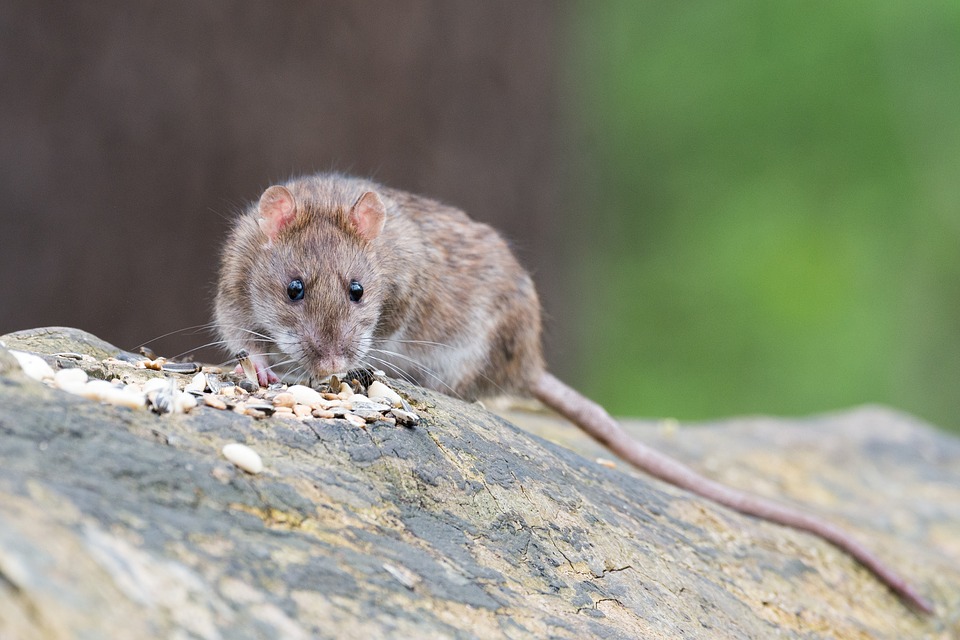Rats
Rats sadly have a poor reputation, but anyone that looks after a ‘pet’ rat will know how clean, sociable and bright they are.

It is commonly presumed that rats spread disease wherever they go – a belief that stems from the spread of the Black Death 700 years ago. In fact, researchers have recently found that the Black Death was not spread by rats at all but by human-to-human contact.
Originally native to Asia, both brown and black rats can now be found all across the globe. They are highly intelligent, and have adapted to survive in many different habitats. Typically nocturnal, they live in small family groups, usually near to human habitation because of the ease of finding food. Black rats are one of the rarest mammals in the UK, but both they and the brown rat are routinely persecuted. Even some conservationists kill rats, even though black rats are rarer than the types of birds they say they are trying to help.
Despite this, the media and pest control companies continue to spread fear about rats. It is true that rats – along with all animals, including humans – can carry and may spread disease. However, much of any threat can be eradicated with good personal hygiene and by keeping neighbourhoods clear of food and litter.
Methods of killing rats are barbaric, with poisons taking up to nine days to kill the animals, who bleed internally and are conscious throughout. Killing rats is not an effective way of removing them from an area, and any killed will be replaced by others, the issues that attracted them are not addressed.
Five ways to help rats
- Never buy poisons and traps for rats. Instead, adopt effective humane deterrence measures.
- Order some Rat Deterrence Factsheets from Animal Aid and give them to any friends or family who find a rat in their attic!
- Never call pest controllers in. Even those who say they are ‘humane’ will kill the rats.
- Write a letter to your local newspaper about rats and counter any letters or articles you see that blame rats erroneously.
- Ask wildlife trusts and conservation groups whether they poison rats, before you join them.